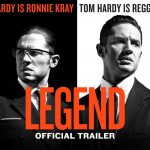The Godfather (1972): The Timeless Classic That Redefined Cinema
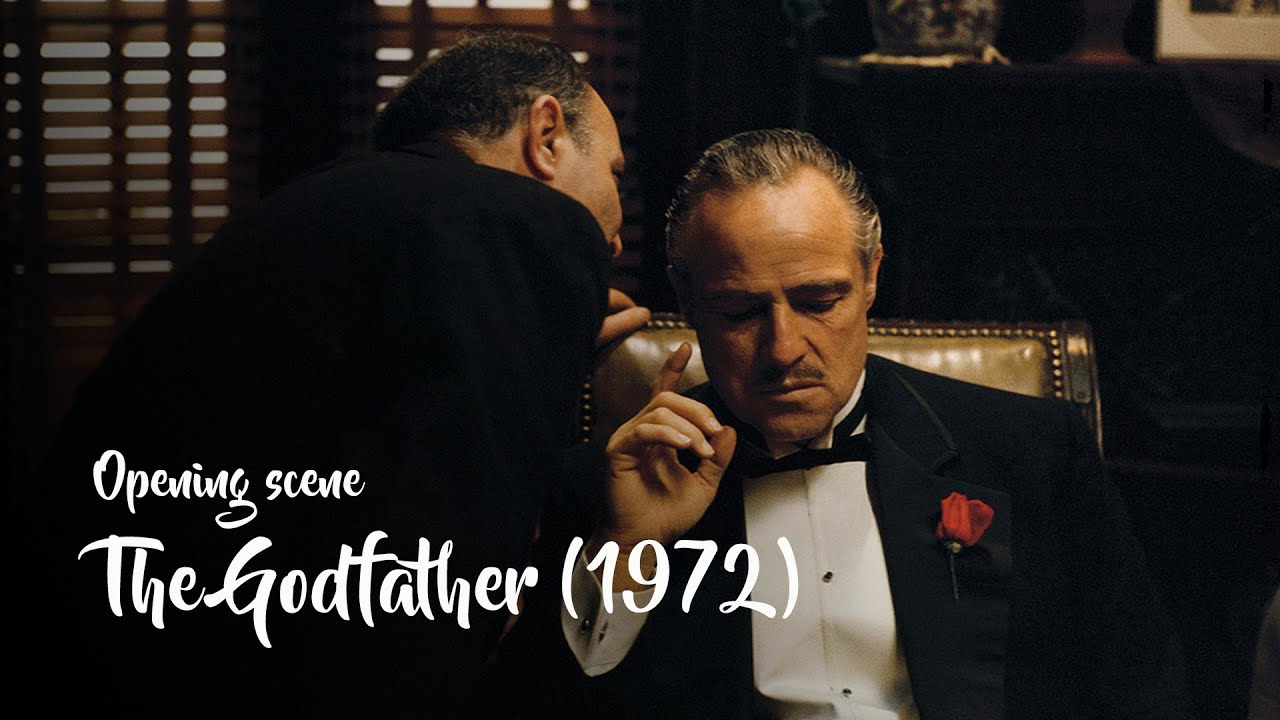
In 1972, Francis Ford Coppola unleashed a cinematic masterpiece upon the world that would forever alter the landscape of film—The Godfather. Based on Mario Puzo’s bestselling novel, this crime epic transcends its genre, blending themes of family, power, loyalty, and betrayal into a narrative as intricate as it is compelling.
An Offer You Can’t Refuse: The Plot
Set in post-World War II America, The Godfather chronicles the rise and struggles of the Corleone family, one of New York’s most powerful Mafia dynasties. At the heart of the story is patriarch Vito Corleone (Marlon Brando), whose wisdom, authority, and moral code make him both revered and feared.
The narrative begins with Vito presiding over his daughter’s wedding, where family and business seamlessly intertwine. However, the Corleone family’s world is upended when rival families seek to expand their influence in the narcotics trade, forcing Vito to navigate treacherous waters. After a brutal assassination attempt on Vito, his reluctant son Michael (Al Pacino) is thrust into a role he long resisted—becoming his father’s successor.
What follows is a tale of transformation. Michael’s journey from a war hero and outsider to a cold-blooded Mafia boss is a masterclass in character development. This duality—love for family and the corruption of power—forms the emotional core of the film.
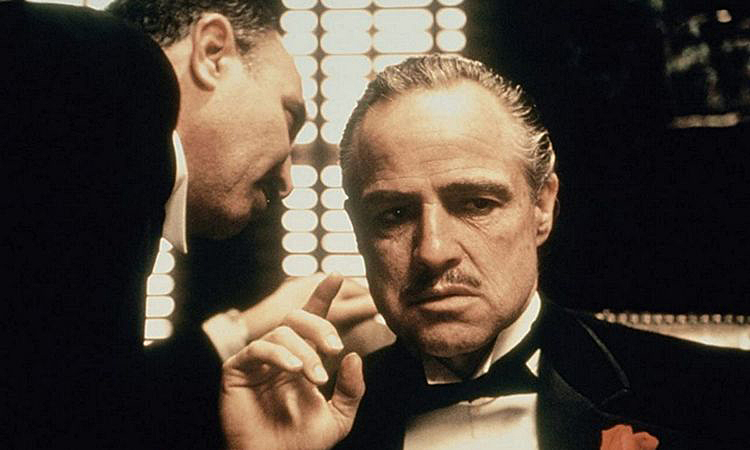
The Cast: An Ensemble for the Ages
Marlon Brando delivers a legendary performance as Vito Corleone, a role that earned him an Academy Award for Best Actor. His husky voice and understated charisma give the character a gravitas that has become iconic.
Al Pacino emerges as the film’s true revelation. His portrayal of Michael Corleone, navigating the delicate balance between vulnerability and ruthlessness, is both heartbreaking and chilling.
James Caan (as the hotheaded Sonny Corleone), Robert Duvall (the level-headed consigliere Tom Hagen), and Diane Keaton (Michael’s wife, Kay) round out a stellar ensemble cast, each delivering nuanced performances that elevate the film’s depth.

Direction and Cinematic Excellence
Francis Ford Coppola’s directorial genius shines in every frame. His meticulous attention to detail—from the sepia-toned cinematography by Gordon Willis to Nino Rota’s hauntingly beautiful score—creates an atmosphere that feels both intimate and epic. Coppola’s ability to humanize criminals while exploring themes of morality and ambition cements The Godfather as a profound meditation on the human condition.
The film’s use of symbolism, such as oranges foreshadowing death and shadows representing moral ambiguity, adds layers of meaning that reward repeated viewings.
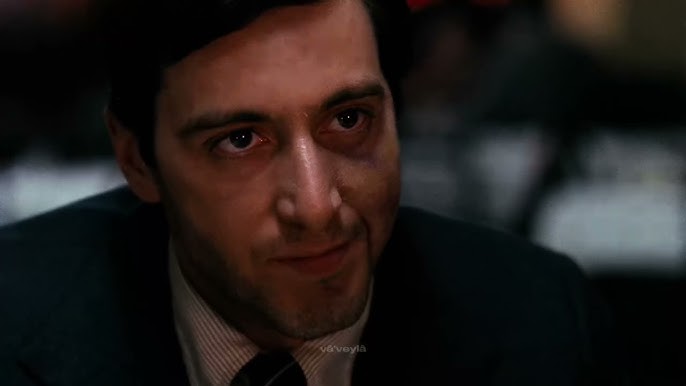
Conclusion: A Cinematic Masterpiece
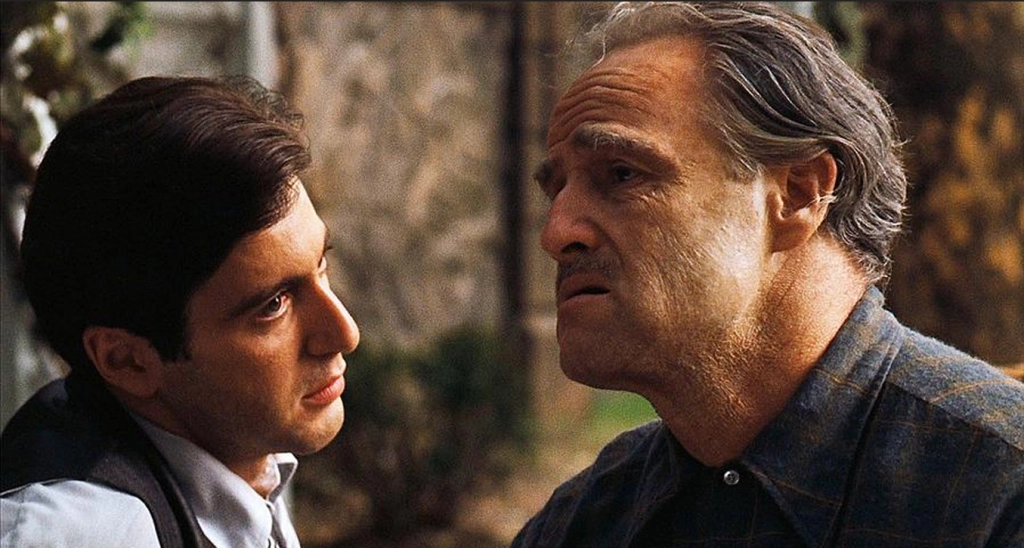
The Godfather is more than a movie—it’s an experience, a timeless exploration of power, loyalty, and humanity. Whether you’re a cinephile or a casual viewer, this film remains an essential piece of cultural history that continues to captivate audiences across generations.
Hashtags:
#TheGodfather #ClassicCinema #MarlonBrando #AlPacino #FrancisFordCoppola #MovieMasterpiece #CrimeDrama #AmericanCinema










